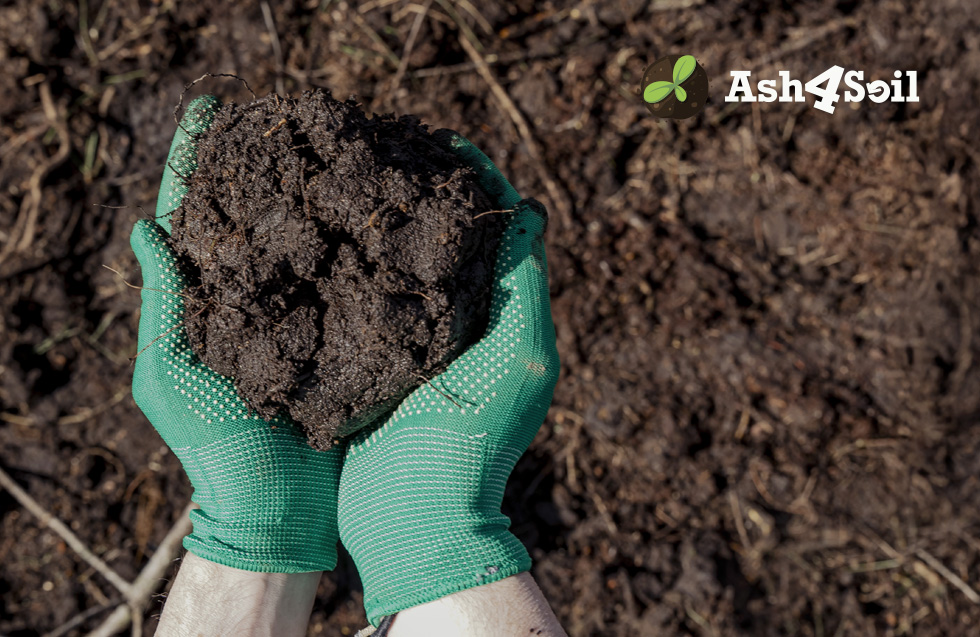Greenalia joins Ash4Soil, a waste recovery project, with the aim of creating a high added value product for the agri-food and forestry sectors.

Greenalia’s Curtis-Teixeiro Biomass Plant, seeking to continue promoting circularity and boosting sustainability in its operations, has joined Ash4Soil, Operational Group. The objective of this supra-regional group is to achieve an improved quality of acidic soils and to increase productivity in forestry and agricultural plantations through the development and use of a soil improver-fertilizer called Ash4Soil.
Ash4Soil offers high value, as in Spain around 40% of acidic soils are less productive due to their low pH. Liming is essential in these soils, complemented by the addition of fertilisers that provide nutrients (mainly nitrogen, phosphorus and potassium). The liming materials used in Spain come mainly from quarries in the east and south of the peninsula (Tarragona, Barcelona, Almería), whose activity has a strong environmental impact and requires considerable consumption of non-renewable energy sources to be transported to Spanish areas with acidic pH, such as Extremadura, Castilla y León and Galicia.
Ash4Soil seeks to evaluate the benefits in terms of agricultural and forestry yields of using this soil improver/fertilizer (Ash4Soil) for acidic soils, made from ash obtained from burning forestry by-products in combination with a high-quality organic fertilizer made from pig slurry. Greenalia will participate in this project by collaborating as a generator of forest by-products derived from biomass combustion.
The project involves all stages of the process, from formulation and development to marketing. It has been 80% co-financed by the European Agricultural Fund for Rural Development (EAFRD) and 20% by funds from the General State Administration, as established by Royal Decree 169/2018, of March 23.
Curtis-Teixeiro Biomass Plant, with a generating capacity of 50 MW and an electricity export of over 300,000 MWh per year, permits the direct substitution of non-renewable sources such as coal, with 95% fewer CO2 emissions throughout its production cycle compared to non-renewable combustion processes. In addition, the use of SURE-certified biomass from forestry waste guarantees compliance with the highest bioenergy standards.
Developing this material will be a significant milestone as it will return waste from burning to its natural environment. In this way, the collection of forestry waste would have a dual benefit: on the one hand, renewable electricity will be generated, and on the other hand, this material will be reintroduced into the soil, increasing the circularity and returning a high added value product to the land.





